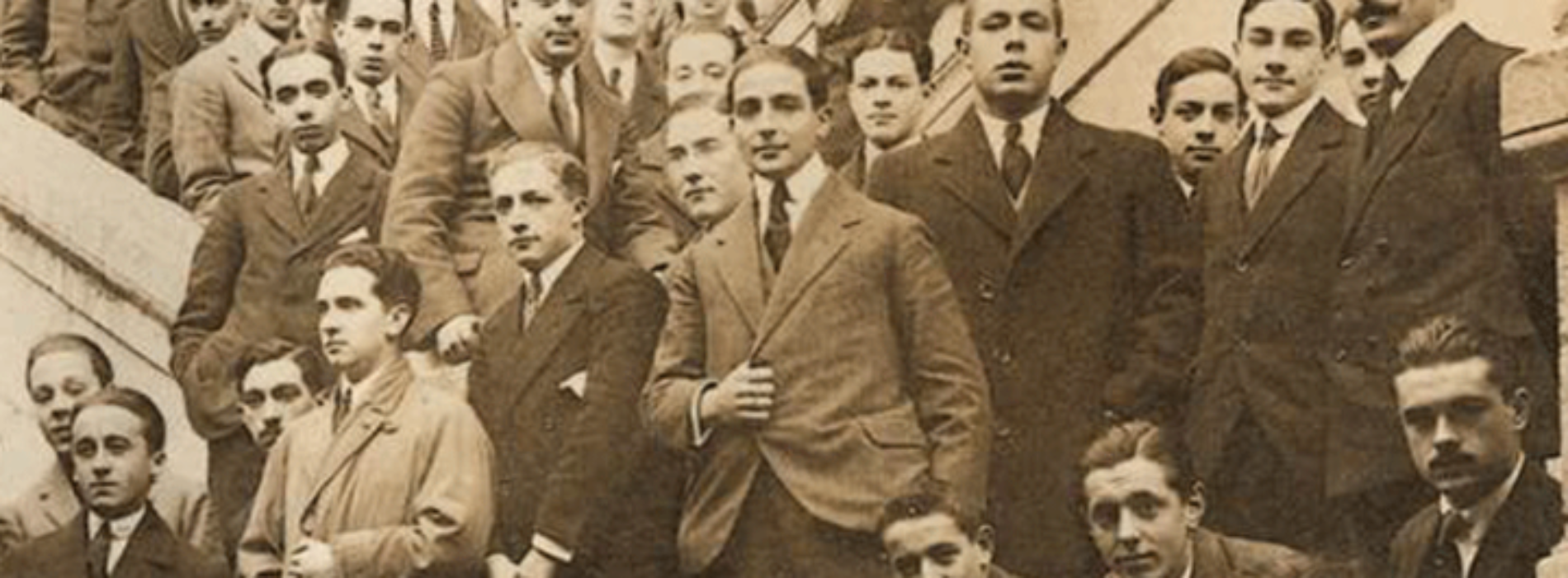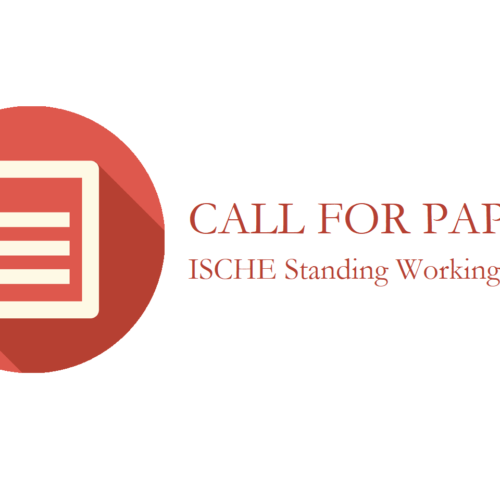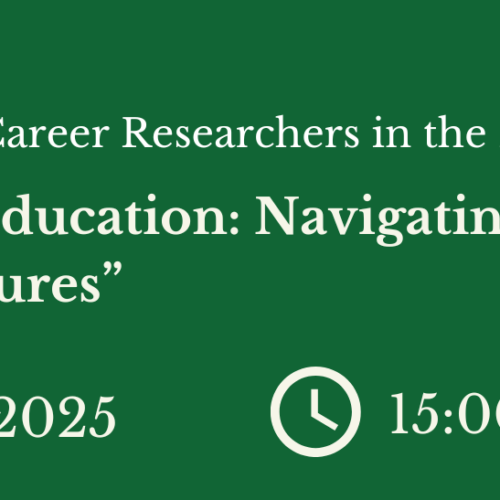CFP – Society, Education and Elites. DEADLINE: Dec. 31, 2016
The International Congress on “Society, education and elites. Historical Perspectives from the Enlightenment to the Digital Era” will take place at the University of Deusto (Bilbao, Spain) in May 17-19, 2017.
It focuses on the relationship between society, education and elites from the viewpoint that society (public discourse, parties, States, government systems, etc.) as well as education (universities, primary and secondary schools, vocational training, higher education, etc.) make up their own systems. Special attention is paid to the way in which the different historical processes of secularisation, industrialisation, modernisation, digitalisation, etc. have created various ways in which education systems train elites who serve the social system.
The way in which education institutions have been set up throughout history is closely linked to the training of elites. A key feature of the development of the modern State in Europe was its capacity to delegate the drive for economic, social and political progress to ruling groups with a specific background. This need brought about the proliferation of universities in Europe from the 16th and 17th centuries. At the same time, the training of modern functional elite and their sectoral differentiation since the European Enlightenment is closely related to secularisation. In the fields of the History of Education and historical, political and sociological analysis, the drive for educational innovations and the modernisation of education systems form part of the tension between the private and public sphere on the one hand, and, on the other, the right to freedom of religion in the framework of the emerging democratic and pluralistic society.
The makeup and growth as well as the reproduction or replacement of elites have been the subject of studies by international scholars such as Pierre Bourdieu, Anthony Giddens, Jürgen Habermas and others. Relevant works have been conducted from the perspective of the Sociology of Education which focus on the shift from the traditional elitist to the technocratic masses model. In the second half of the 20th century, the impact of neoliberal policies on education brought about the re-organisation of processes which kept elites in their privileged positions. In line with Bourdieu’s research conducted since the 1980s, the concepts of habitus national macro-structures also enable us to understand the way in which they are reproduced through the actions of the individuals themselves. In this regard, primary as well as secondary and higher education make a significant contribution to the cultural capital that an individual can accumulate.
The congress will highlight the continuities of the training of elites throughout modern history to the present from a longue durée perspective. The adaptation processes carried out within the educational spaces that generated and reproduced elites will serve as a primary focus for the historical approach. During the Enlightenment, a sizeable number of education institutions are thought to have focused their objectives on training highly qualified select groups of the population to carry out specific activities serving the State. Likewise, the Digital Era shows a context in which elites struggle for their own education spaces in the midst of a pedagogical imaginarium profoundly influenced by the education meta-narrative contained in liquid modernity (Bauman) or hypermodernity (Lipovetsky) since the turn of the century.
The deadline to submit a panel or a presentation is December 31, 2016
Further information can be found here.
Contact: seecongress2017@deusto.es
About author
You might also like
REFORPRO SWG invites submissions to ISCHE 41 Conference. Deadline: Jan. 31, 2019
ISCHE 41 (17 – 20 July 2019) – Porto, Portugal Standing Working Group REFORPRO: Reformism (s), Progressivism (s), Conservatism (s) in education: what critical argumentations? Deadline: January 31, 2019
ISCHE 43: Submissions are welcome
Submissions are welcome for ISCHE 43! Visit the conference website for more information. Submission deadline: 31 January 2022
Linda Eisenmann Prize – Call for Nominations
The History of Education Society seeks nominations for the Linda Eisenmann Prize. The $1000 prize is awarded biennially to recognize the most outstanding scholarly work (book, article, electronic contribution, etc.)




